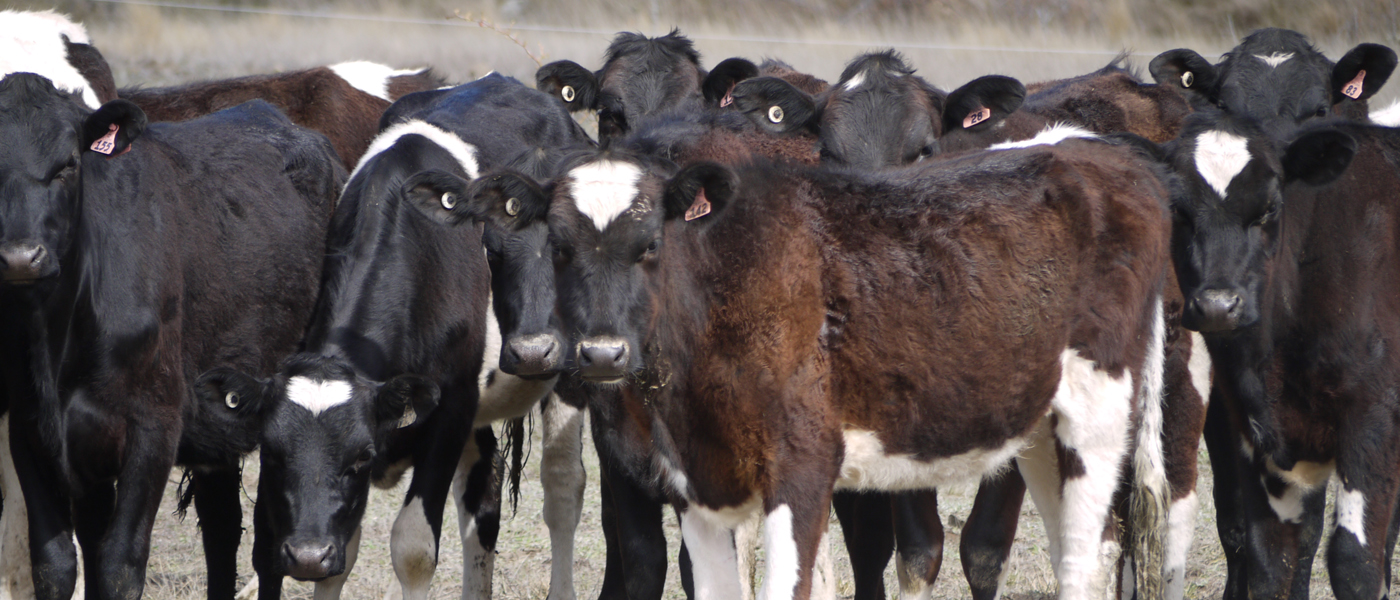
Plan well ahead (1-2 years) with Vetlife so that your NAIT number qualifies on animal health requirements.
The live exporting of both dairy and beef cattle to destinations such as China continues. Part of the strict legal requirements is for the exporting farm (NAIT number-based) to have suitable animals, based on the health status of all and any animals on their property.
These health stipulations include diagnoses of very commonplace diseases such as Johne’s, IBR, leptospirosis and BVD (plus a number of other diseases). The time frame for the required health status of the NAIT number-based property is often as long as 12 months or more.
If any NAIT property has received a diagnosis of any of these diseases in any animal (even those not being exported) within the specified time frame, it means that those animals destined for export are NOT eligible.
So, forward-planning is essential – those properties planning to export livestock need to be careful NOT to diagnose such diseases as far out as 12 months (or longer for some diseases). Additionally, some vaccines that are a must for everyday livestock health can cause a positive pre-export lab test for some of these common diseases.
So, as the vaccine-positive animals will also be rejected from export, we need to be careful with the use of vaccines if you anticipate exporting. Think at least 12 months ahead. I write this article every 2 years or so, to remind ourselves and our clients about the strict rules that apply for live exports.
The efficient, profitable and welfare-focused farming systems of today demand recognition, diagnosis and treatment of common diseases along with vaccination/ prevention programmes. So, perversely, the creation of the appropriate health status of NAIT number-described properties for live export is often in conflict with good husbandry.
The situation is therefore complex. Vets around NZ are often faced with the invidious situation of being legally obliged to advise a client that their livestock are not eligible for export. This can come as a bad shock and sometimes create unpleasantness. To avoid this stress for all parties, early planning 12- 18 months in advance can achieve the exact outcome required – but not always within 2-3 weeks. As usual, if you have any questions, please do not hesitate to ask any of our Vetlife vets about this somewhat complex and, at times, frustrating situation.
Wishing our clients a good season – it is very heartening to see the media praising our rural sector as a New Zealand winner during Covid. Keep up the massive effort that it takes to be a thriving sector.
Again, thank you for all your support of Vetlife – we appreciate our partnership relationship with you.
Regards, Adrian Campbell (Vetlife Managing Director and veterinarian)